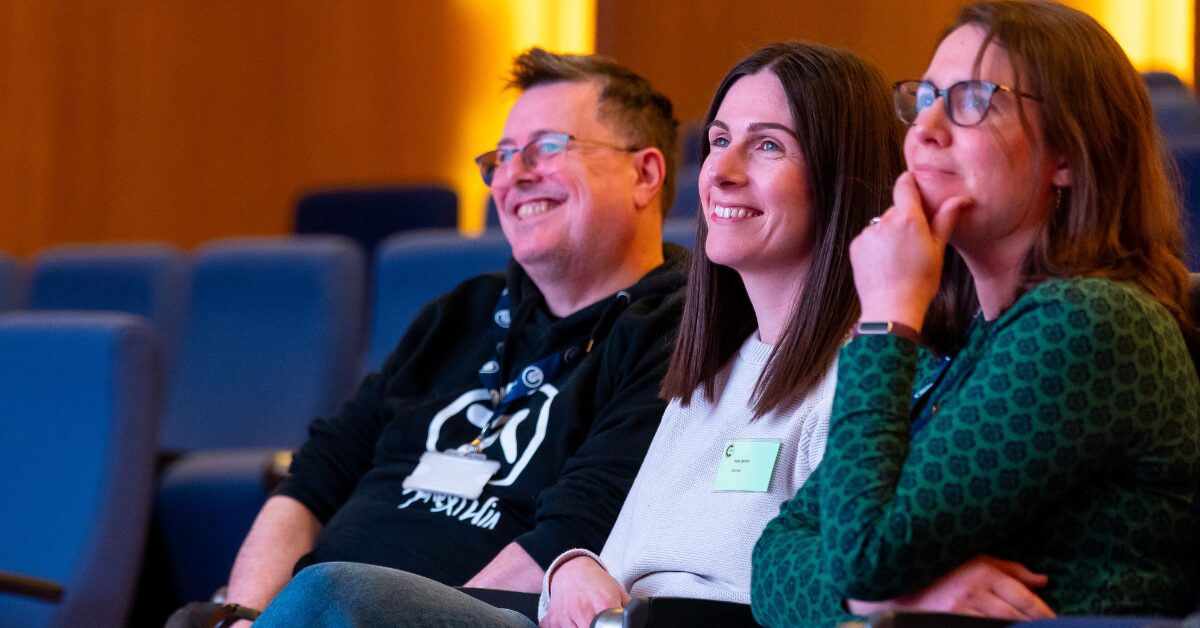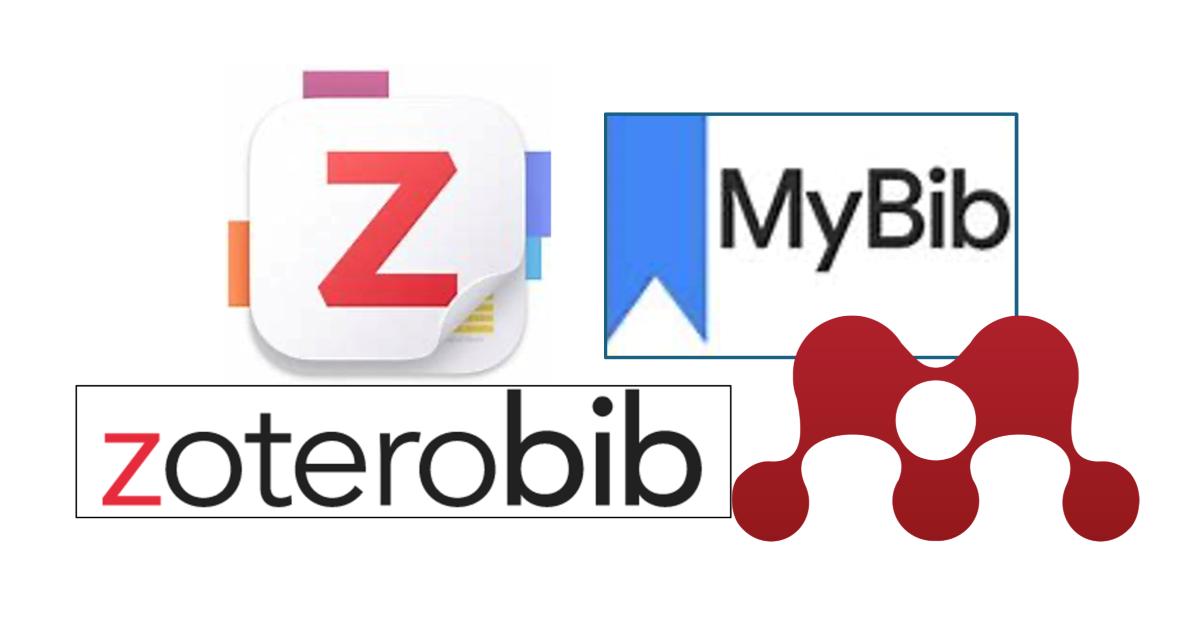CORD best practice #4 – presenting your research
10/04/2019

The next item I’ve chosen to highlight best practice use of our research data repository, CORD, is https://doi.org/10.17862/cranfield.rd.5590840. It is an example of work presented at the Defence and Security Doctoral Symposium.
Firstly, anyone brave enough to enter a 3 Minute Thesis competition deserves a prize in my mind! Presenting your entire complex doctoral research project to a mixed audience in just three minutes, with only one slide and a countdown clock on screen is not my idea of fun. But Hannah McGivern (photo, left) rose to the challenge! She presented her research very clearly, describing her multi-method approach to investigating the age-related changes to the structural and mechanical properties of the clavicle and rib bones.
After all the work of creating the single slide and concise talk to sum up years of research, why not share it with more people than just those who were lucky enough to attend the event? By putting the slide and video of her talk (2min45, impeccable timing!) on CORD, we could enable more people to benefit from this clear overview of the work. It is part of the collection of outputs from the symposium, which we tweeted throughout and afterwards, so anyone interested in the event could still learn about the amazing research carried out.
Why was CORD particularly good for this? I love that it’s simple to prepare everything in advance and release the record whenever it’s appropriate. This meant we could publish this record and many others on the day of the event, containing just the slide, so that anyone following the sessions live could see what was presented. After the event when we received the recording, this was added to the item and a new version (but still available via the same DOI link) was published. It’s a very convenient platform for users to read the pdf and stream the video from the platform, too – and so it’s all the more pleasing to see that it has still had 45 downloads!
But don’t just take my word for it – I asked Hannah for her views on CORD, too. From Hannah’s point of view, CORD is very useful as an online repository for raw data, so her PhD data can be added there in due course, in line with funder and organisation rules. This is particularly handy when your data needs to be open access as you know you’re meeting all the requirements very easily. She also finds it helpful that CORD can be used for additional conference materials, too, such as her animated image sequence.
Hannah has also updated her profile on CORD, to take advantage of its promotional aspect. Anyone discovering her work can click her name to go through to see her profile and any custom details she wants to provide; this encourages people to follow her on CORD, connect on LinkedIn, etc. It also brings together all the items she’s published on CORD. Hannah found this really useful as an extra link to provide to future employers or collaborators: it’s a great platform for sharing material and information. Because CORD uses the figshare platform, Hannah’s profile is currently linked to Cranfield University, but should she move on to a different institution, she can retain her profile and keep developing it, retaining links to all items published during her time at Cranfield and elsewhere. It’s always good to know you won’t have to duplicate any effort!
PS Don’t forget our Defence and Security Doctoral Symposium is an annual event. Hannah recommends it as an excellent introductory conference particularly for those who haven’t been to or presented at a conference before. It’s conveniently local to the Shrivenham site, free to students, and very varied in terms of sessions, activities, and competitions, so you can do whatever you’re comfortable with: whether that’s a presentation, a poster, a 3MT, or a model. The dates for your diary this year are 12-13 November 2019!
Categories & Tags:
Leave a comment on this post:
You might also like…
A beginner’s guide to sourcing a company beta
Beta is the measurement of a company’s common stock price volatility relative to the market. If you’re trying to find a current beta for a company there are a number of places to look. These ...
Credibility, confidence and collaborative focus: The impact of studying for a sustainability apprenticeship at Cranfield
For participants on Cranfield’s Sustainability Business Specialist Apprenticeship, it doesn’t take long for their studies to start to have an impact, with that impact ranging from personal growth and career progression, to organisational effect ...
Meet Mendeley: a powerful referencing tool that does the hard work for you!
Are you looking for a way to manage your references, create in-text citations and reference lists for your assignments or thesis? If so, you may wish to consider using Mendeley. What is it? Mendeley is ...
Adding documents to your Mendeley account
To make the most of a Mendeley account, it is useful to create and maintain a ‘Library’ of references. You can add references and documents to this Library in a number of ways: 1) Drag ...
Choosing the right reference management tool for you…
Are you thinking about using reference management software to help you manage your references? The Library is here to help you. While Mendeley has been our go-to reference management software for some years, we've recently ...
Cranfield Seed Fund recipient, Cosysense, are using AI to solve air conditioning problems and provide a net zero alternative
If you’ve ever worked in an office environment you’ve probably been involved in, or overheard, a conversation about the air conditioning. Well, it’s no surprise it’s a common complaint when research shows that up ...






